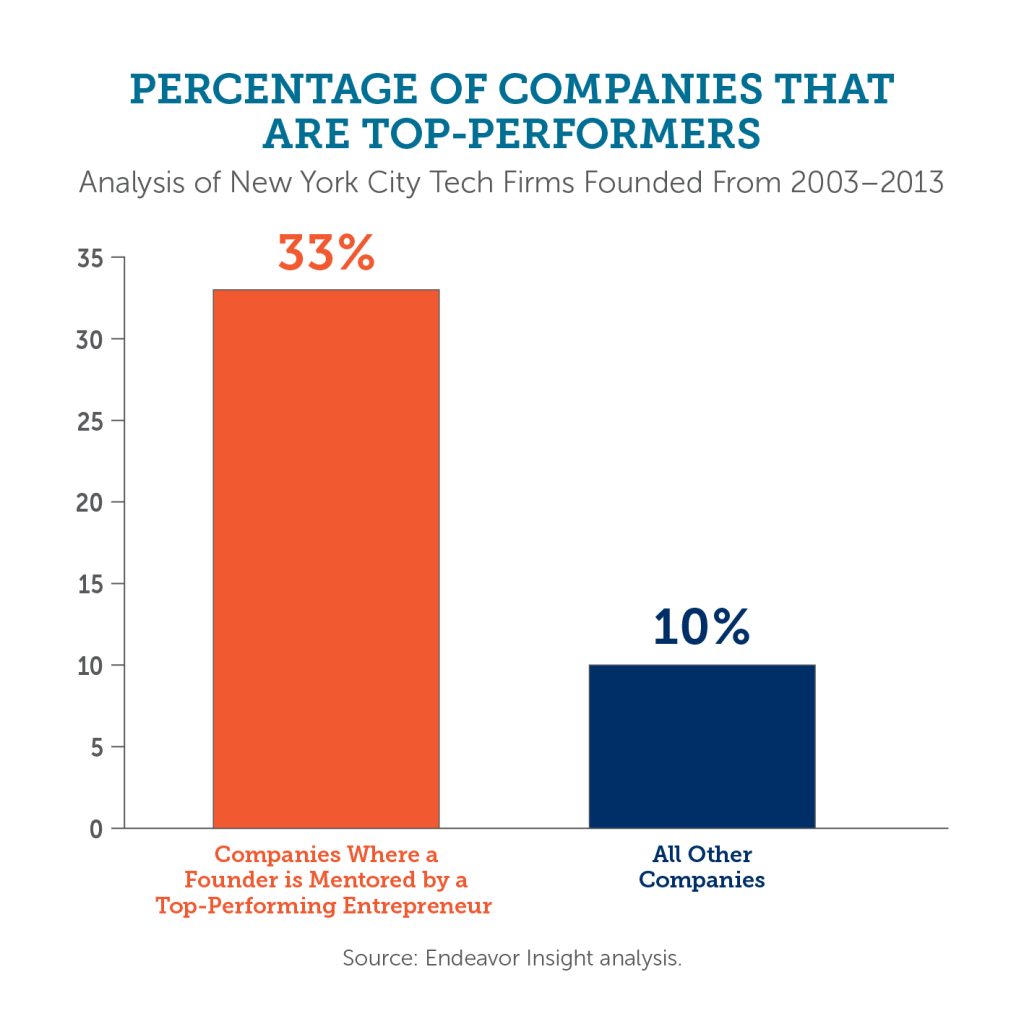A few months ago, 1,000 candidates were selected by the Tony Elumelu Foundation Entrepreneurship Programme to each receive a $5,000 grant. Now, the foundation has made a call for mentors to work with the candidates for 12 weeks – helping them learn the ropes of business. Why is this important?
When someone wants to start, or has just started, a company, it’s not uncommon to find them poring over books and materials. What they are searching for is guidance. They are venturing into territories unknown to them and need direction from those who have been there before. As much as we’d like to believe that some of the greatest CEOs and business owners are superhumans who did it alone, this isn’t usually the case.
A research was conducted by Endeavor Insights that studied thousands of New York tech businesses in 2014. It found that “a number of characteristics that are often highlighted as predictors of success for startups – such as starting a company while in college – don’t actually make much of a difference.”
Rhett Morris, director of Endeavor Insights, wrote on Techcrunch: “We found that many of the entrepreneurs leading these startups had strong personal connections to the founders of other successful companies.”
33% of founders mentored by founders of other successful companies went on to become successful compared to 10% of founders from other companies. That’s three times the number. What this shows is that for all the years New York was the fastest growing tech hub, its success was highly influenced by mentorship (or active guidance).
When Steve Jobs passed, Mark Zuckerberg revealed that the former Apple CEO had been one of his mentors. In his article, Rhett Morris revealed that “Chad Dickerson of Etsy and Nat Turner of Flatiron Health have been mentored by other successful entrepreneurs like Caterina Fake from Flickr and Brian O’Kelley of AppNexus.” Added to that list are the founders of Dropbox, Drew Houston and Arash Ferdowsi; both “are mentored by Ali and Hadi Partovi, two successful serial entrepreneurs in [Silicon] Valley.”
What aspiring/young founders get from mentoring relationships goes beyond direction. Because such relationships require active correspondence, it allows the young founders learn from the mistakes and failures of those successful mentors. They also get the chance to tap into their business network and gain more credibility.
There are a lot of things to consider when looking for a mentor. You need to identify the skills gap you want to fill and look for someone who has them. You also need to consider someone who will challenge your mind and abilities, not someone who will pat your back all the time.
Most importantly, pick a mentor with the passion and willingness to teach others. It’s the main reason why I consider the TEEP Mentorship programme a good idea. It gives the TEEP entrepreneurs the chance to learn from people who have successfully done it before. This makes it less likely for them to repeat the mistakes of their mentors and gives them the chance to go further than their mentors have.











